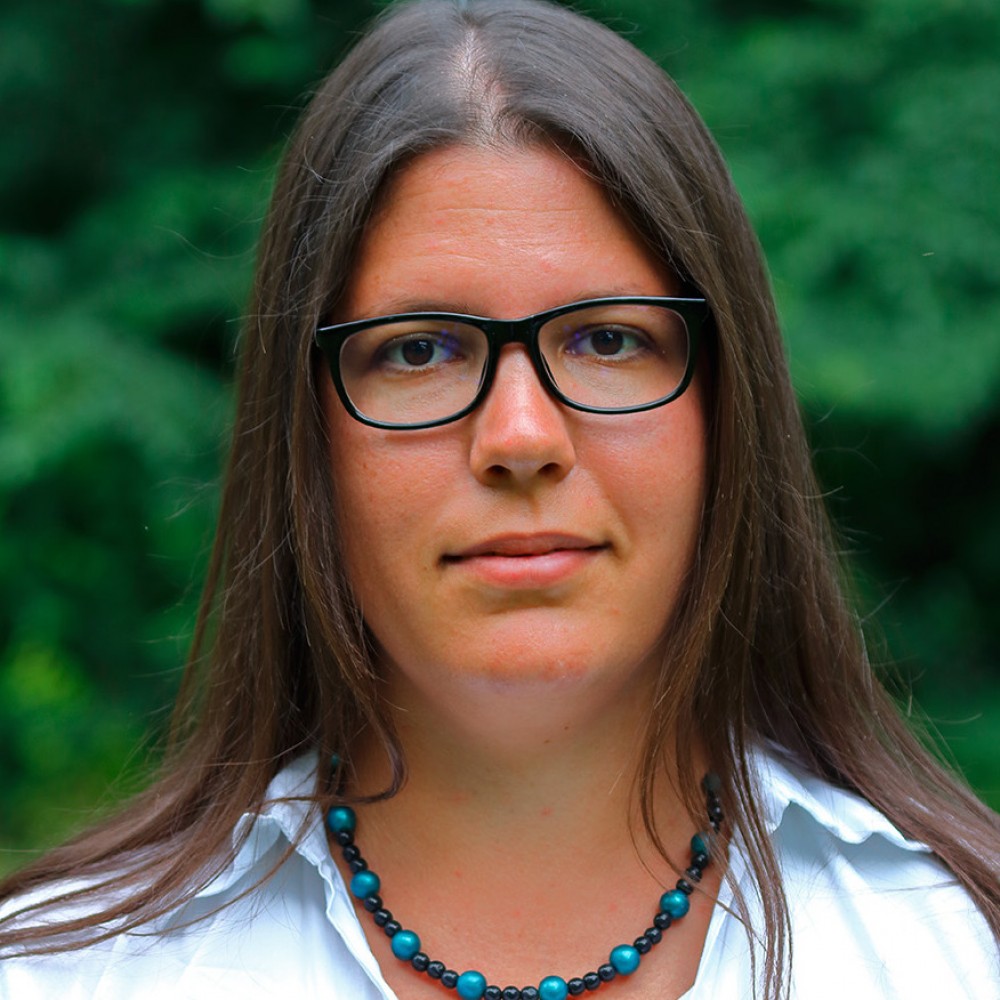Speakers
‹ Back
Dr Orsolya Valkó
research group leader, MTA-DE Lendület Seed Ecology Research Group
CV
Orsolya Valkó is a plant ecologist motivated for biodiversity conservation. With her recently established ‘Lendület’ research group they aim to explore the role of seeds in vegetation dynamics and develop a conceptual framework of seed-based mechanisms maintaining diverse and resilient ecosystems. Orsolya graduated and defended her PhD and hablitation in the University of Debrecen, Department of Ecology, where she has been working since 2012. Besides seeds, she is interested in various aspects of biodiversity conservation and ecosystem restoration. She was awarded by the Loreal-UNESCO for Women in Science Award, the Women in Science award in Agricultural Sciences from the HAS, UNESCO and Women in Science Association and the Young Scientist Award of the Hungarian Academy of Sciences.
Abstract
Abstract:The thematic session focused on responsibility, ethics and integrity of research from different viewpoints, through the eye of researchers, policy makers and funding agencies. In the first part, six invited speakers shared their thoughts about the topic. They shared their views and experiences about the emerging issues of scientific ethics and also presented global and regional initiatives and best practices for ensuring responsible and ethical research. Simge Davulcu Menget introduced the Responsible Research and Innovation Networking Globally (RRING) project that aims at spreading the best practices of responsible research and innovation globally using a bottom up approach, and acknowledging that the implementation of RRI needs regionally different approaches according to the particular social, cultural and political environment. Rocky Skeef showed how the research funding system in South Africa ensures the compliance of both institutions and researchers to scientific ethics. He also mentioned the negative effects of predatory journals and presented a statement on ethical research and scholarly publishing practices. Steffen Fritz shared his thoughts about the importance of public engagement in science and mentioned several good examples when citizen science can give invaluable addition to the universal knowledge. He called attention that there is a need for harmonizing GDPR with citizen science as in some cases the regulations can make impossible to collect data with and exact spatial location. April Tash shared her ideas about how we can measure academic freedom and how we can distinguish between the legal and ethical aspects related to scientific ethics. Faten Attig-Bahar introduced the YESS community (Young Earth System Scientists) and their vision to make science open access in order to involve multiple sectors and stakeholders in the process of science and innovation. Finally, Maral Dadvar shared the mission of the Global Young Academy to select their members by acknowledging diversity, being inclusive and recognizing the excellence of researchers relative to their opportunities. The presentations were followed by a thought-provoking roundtable discussion on the six key topics of the thematic session.